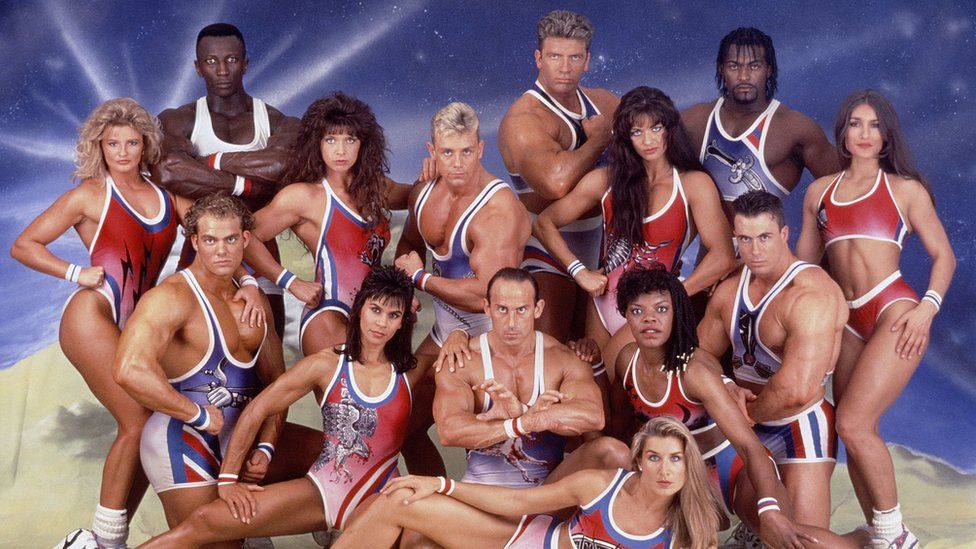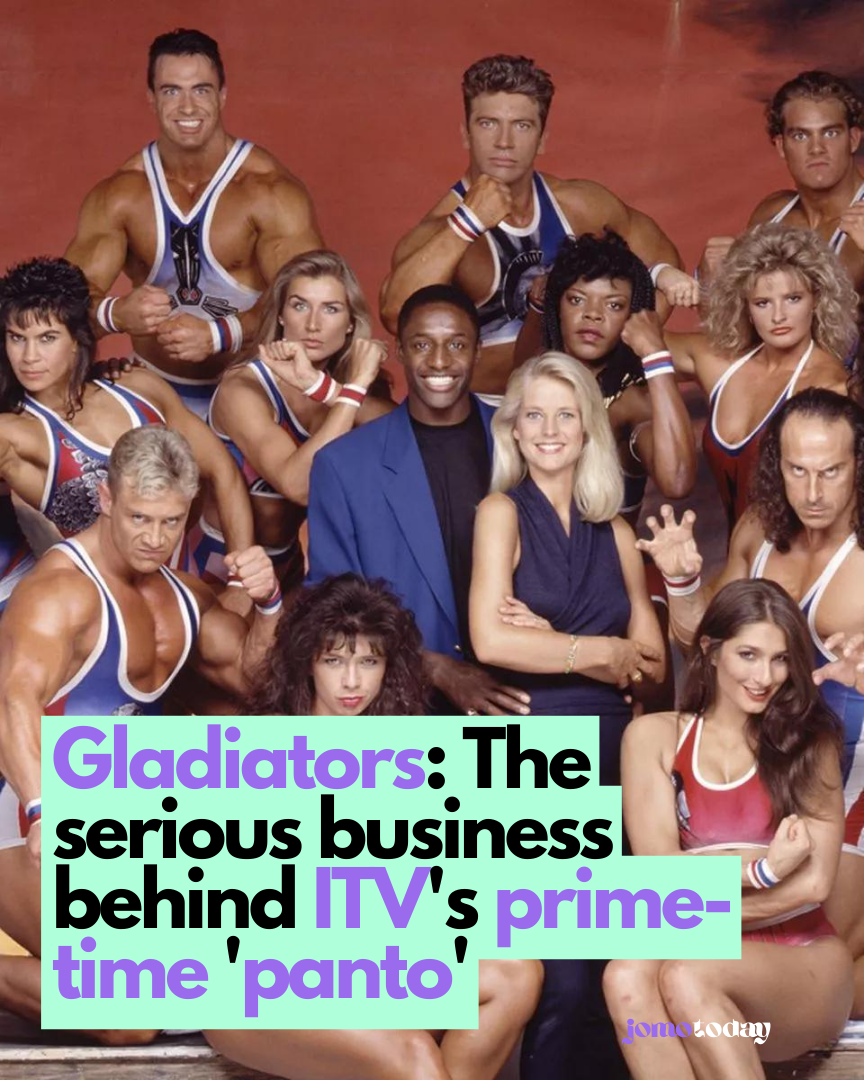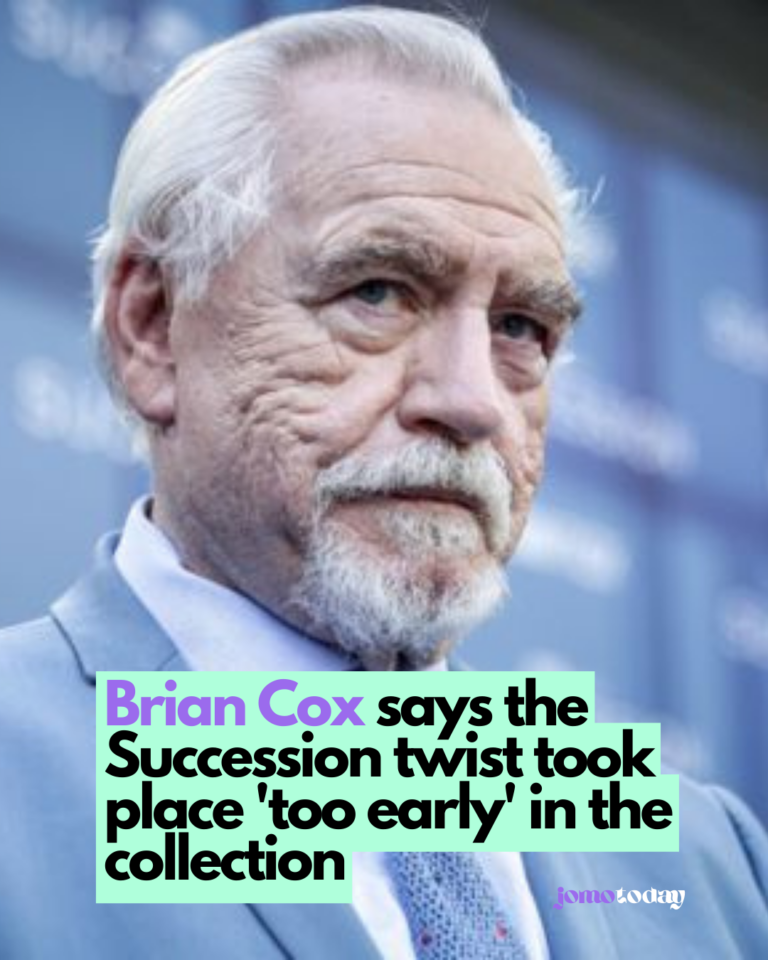The BBC is set to launch a Gladiators reboot, seeking to replicate the success of the 1990s show. Premiering on Saturday, it aims to compete with ITV’s prime-time ‘panto’.

The BBC’s Gladiators reboot hits screens on Saturday, but can it match the show’s 1990s success?
Returning to screens this Saturday with a thrilling blend of entertainment and athleticism, the BBC is eager for its Gladiators reboot to recapture the success of the 1990s program. Despite critics dismissing the arena battles as mere theatricality, the journey to bring them to television was a serious endeavor.
Diane Youdale vividly recounts the pivotal moment when she heard a “pop,” the result of a fall that brought her dangerously close to breaking her neck. As the 26-year-old, known to millions as Jet, rugby-tackled a contestant at height, she landed awkwardly on crash mats with the challenger’s body entwined around her.
Stretched out on a stretcher and wracked with pain in the ambulance, Youdale made a crucial decision. Reflecting on her ordeal, she thought, “I’m going to roll away while my limbs still work. I’ve done my four years; it’s time to bow out.”
Debuted as “Gladiators’ very own Wonder Woman” in the inaugural episode, Youdale’s acrobatics and charisma endeared her to audiences as she took on members of the public in various physical challenges. ITV’s bold venture into the new format transformed into a vibrant phenomenon, proudly evolving into a “Saturday-night ritual,” according to the former childhood gymnastics champion.
However, the toll exacted by the demanding nature of the show became apparent, and the injury sustained at a non-televised event at Wembley Arena in 1996 became a defining moment in Youdale’s Gladiators journey.
Jet’s journey on the show paralleled the challenges faced by the program itself. Convincing commissioning chiefs of its potential and assembling a suitable team proved to be a formidable task behind the scenes.
Youdale, who relocated from Billingham to London in the mid-1980s to pursue dance studies, recalls her time as a “jobbing actor” and choreographer. Producers approached her, and she secured her spot by conquering an Army assault course at Woolwich Barracks in early 1992.
Having been familiar with the American version of the show, Youdale initially thought she was auditioning as a contestant. At 5ft 6ins (1.67m) and 9st 6lbs (60kg), she feared being overwhelmed by the formidable-looking participants on the US show, describing them as “bodybuilders and very strong wrestler types.” As a dancer, she felt out of place, stating, “There was me – a little dancer!”
LWT (London Weekend Television) faced challenges in finding the right participants, given the limited pool of talent. Despite scouring magazines and the fitness industry, they struggled to find individuals who were both physically capable and camera-friendly. It took them two or three years to refine the casting process, as some initially selected contestants couldn’t perform well in the arena or lacked popularity.
Premiering on ITV on October 10, 1992, alongside Blind Date and Beadle’s About, and often pitted against BBC One’s Noel’s House Party and its infamous “Gotchas” and gunge tank, this show was a groundbreaking addition to the coveted time slot.
The contestants, donned in Lycra and featuring memorable figures like Wolf, Warrior, Shadow, and Cobra, achieved widespread recognition for their skills in challenges like Hang Tough and Duel, navigating a grueling assault course culminating in the intense Eliminator showdown.
In contrast to the US version’s studio setting with a small audience, the UK producers envisioned a spectacle of glitz, glamour, and vibrant atmosphere. The National Indoor Arena in Birmingham served as the filming location, where pop classics and the energetic G-Force cheerleaders were employed to electrify the crowds numbering in the thousands.
Jonathan Glazier, the director of LWT who joined the show from its third series, affectionately characterizes it as “a panto” that offers “something for all the family.” However, financial considerations added significant pressure. Glazier highlights the crucial importance of the Saturday slot, emphasizing the intense competition among channels for viewership and the associated high production costs.
The success of Gladiators, often airing after the sun-soaked Baywatch escapades of Pamela Anderson and David Hasselhoff, was attributed to the audience’s genuine affection or disdain for the characters, according to Ian Hyland, the television critic for the Daily Mirror. He notes that viewers developed a strong connection with the show’s characters, whether out of love or a love-hate dynamic. Additionally, Hyland points out that the audience rooted for the ordinary contestants, highlighting the show’s uniqueness during a time when featuring regular people on television was still relatively uncommon.
When Glazier assumed the director’s role, the program was already enjoying significant success, but he recalls the initial challenges of the early shows, where a creative approach was essential.
“In the beginning, there was uncertainty about what the show was, and as a result, the arena wasn’t consistently filled,” he explains.
“There were moments where we had to strategically move half the audience from one side to the other to conceal empty seats, and it required careful editing to make it all seamless.
“Some would humorously liken it to a glorified pillow fight, but those who have experienced the impact of the pugil sticks in Duel can attest that there’s nothing child’s play about it.”
As millions tuned in, Youdale enlisted her mother to handle the influx of fan mail, reaching an occasionally “uncomfortable” level of attention.
“After the show aired, it became challenging to keep a low profile,” she recalls. “Fortunately, the nature of the program was so positive that it never felt awkward or unpleasant. The outcome could have been very different.”
Additional pressure arose during annual contract reviews, with producers closely monitoring the cast’s performance and popularity. Scandals, such as Shadow’s dismissal over drug allegations, drew intense scrutiny from the tabloids.
However, assistance was readily available.
“The goal was to maintain a harmonious atmosphere,” notes Glazier. “When they joined us, they were ordinary people. ITV’s machinery was in place to safeguard them by managing personal appearances, and contracts were designed to be as fair and equitable as possible.”
After leaving the spotlight, Youdale pursued a different path, steering away from the dazzling allure of “the bright lights” to fulfill her ambition of studying counseling and psychotherapy.
As the viewership of Gladiators dwindled, the show aired its final episode in January 2000. However, on the horizon emerged the reality TV phenomenon that has since dominated Saturday nights.
Recognizing the shift towards live television, Glazier, now stationed in Singapore as the executive producer and director of Asia’s Got Talent, acknowledges the significance of the elimination singing format, which sustained both ITV and the BBC for years.
After a brief revival on Sky in 2008-09, the BBC is bringing back Gladiators with Bradley Walsh and his son Barney as presenters. Despite potential challenges, Youdale, reflecting on the 90s era while co-hosting the GladPod podcast, expresses confidence in the show finding its audience.
While acknowledging the odds against replicating the same cultural impact due to the proliferation of channels, she believes that with a prime-time slot, the reboot will receive the energy it needs. She expresses genuine excitement about the prospect.
Read More: Hunt for lost Gilbert and Sullivan opera launched






3 Comments